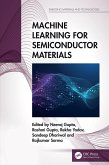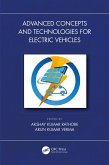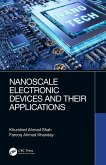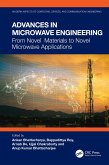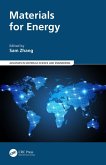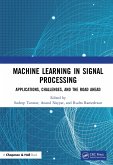Features:
- Focuses on semiconductor materials and the use of machine learning to facilitate understanding and decision-making
- Covers RF and noise analysis to formulate the frequency behaviour of semiconductor devices at high frequency
- Explores pertinent biomolecule detection methods
- Reviews recent methods in the field of machine learning for semiconductor materials with real-life applications
- Examines the limitations of existing semiconductor materials and steps to overcome the limitations of existing TCAD software
This book is aimed at researchers and graduate students in semiconductor materials, machine learning and electrical engineering.
Dieser Download kann aus rechtlichen Gründen nur mit Rechnungsadresse in A, B, BG, CY, CZ, D, DK, EW, E, FIN, F, GR, HR, H, IRL, I, LT, L, LR, M, NL, PL, P, R, S, SLO, SK ausgeliefert werden.



